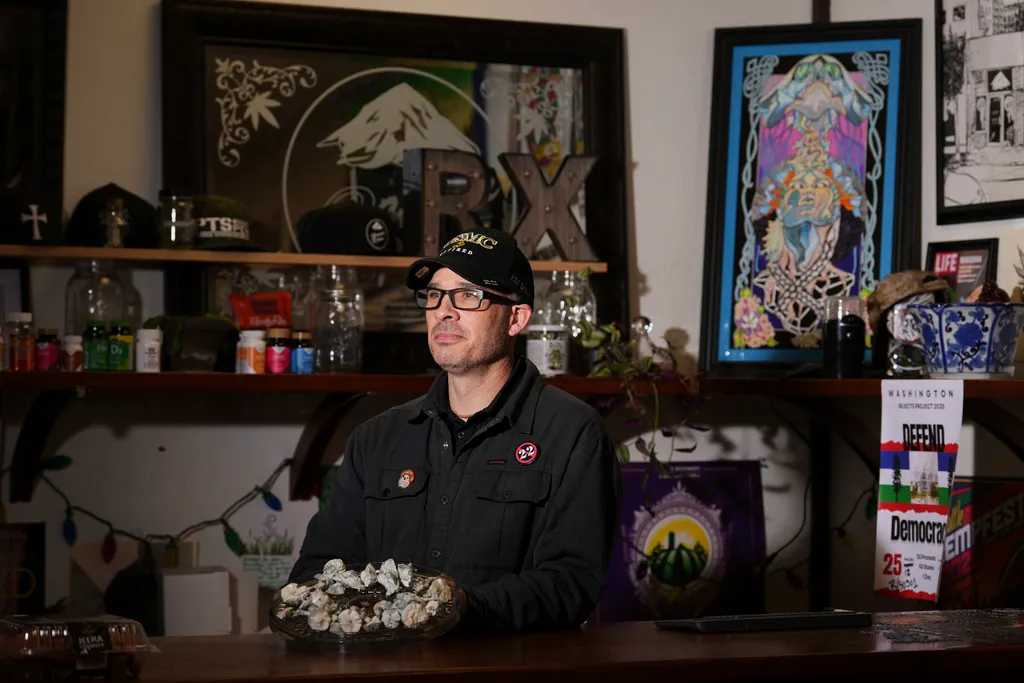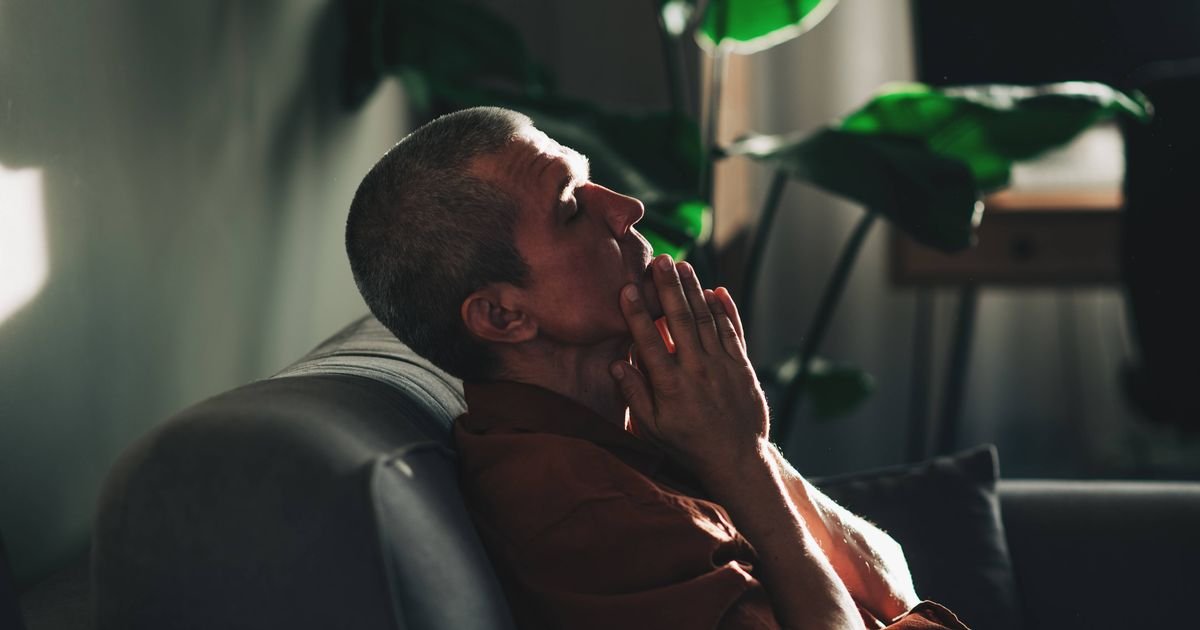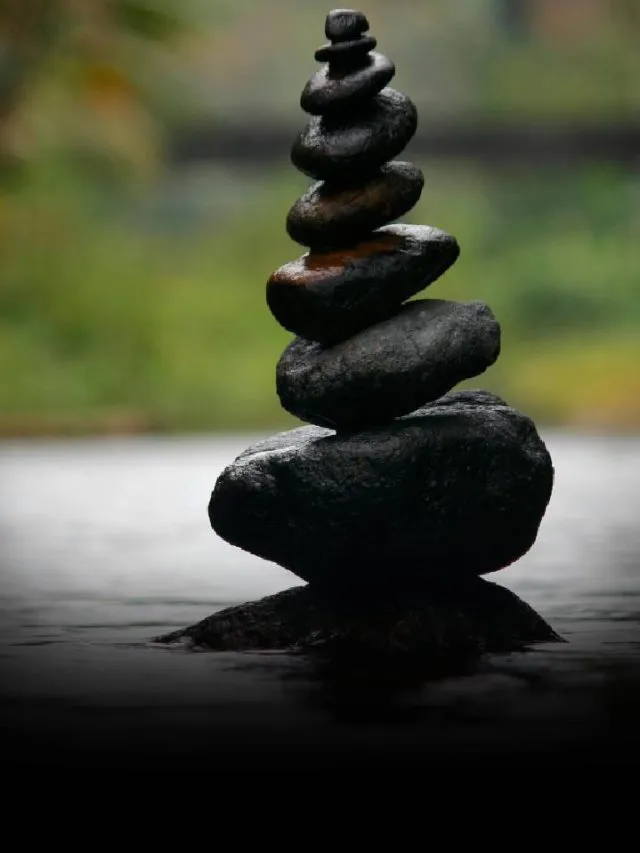Microdosing, the practice of taking small amounts of psychedelics like psilocybin mushrooms or LSD, is becoming increasingly popular among individuals seeking relief from anxiety and depression. Users report that this approach helps them feel a greater sense of well-being, creativity, and emotional connection without the intense effects associated with full doses.
Unlike traditional psychedelic experiences, microdosing involves taking minimal amounts of substances intermittently rather than daily. Users aim to avoid any hallucinogenic effects, which means if someone begins to see visions, they have taken too much, deviating from the microdosing method.
Participants in the practice often share personal testimonials about its positive impacts. For instance, Matt Metzger, a Marine Corps veteran, states that microdosing has helped him manage his PTSD and improved his overall sense of well-being. He grows his own psilocybin mushrooms in Olympia, Washington, where the substance has been decriminalized. Similarly, Aubrie Gates from Loveland, Colorado, notes that microdosing has not only improved her parenting but also enhanced her creativity, allowing her to experience a more mindful and present state of being.
Scientific research into microdosing remains in its early stages, with mixed results. A small study suggested that the benefits experienced by users might stem from their expectations rather than the substances themselves, highlighting the placebo effect. Participants in the study who took placebos reported improvements in psychological measures, indicating that belief plays a significant role in the experience. This raises questions about the efficacy of microdosing when compared to non-psychedelic alternatives.
Despite these findings, the growing interest in psychedelics has prompted some states, such as Oregon and Colorado, to legalize psychedelic therapy, reflecting a shift towards recognizing the potential of these substances in controlled environments. Furthermore, several cities are now deprioritizing the enforcement of laws against psychedelics, making it easier for individuals to explore microdosing.
While microdosing advocates emphasize its benefits, they also caution about the lack of long-term research on its effects. Concerns about the purity and safety of unregulated products are prevalent, as substances obtained from unreliable sources may contain harmful additives. Moreover, there is the risk of accidentally consuming too much, leading to uncomfortable or distressing experiences.
The nonprofit organization Fireside Project offers free support for individuals during psychedelic experiences, and has received numerous calls from those interested in microdosing. Project founder Josh White explains that people often seek help to process their experiences and understand the changes they are undergoing.
Overall, while early anecdotal reports and preliminary studies indicate that microdosing may benefit some individuals by improving mood and reducing symptoms of anxiety and depression, further rigorous research is necessary to fully understand its effects and potential risks. As interest in psychedelics grows, so does the need for responsible exploration and evidence-based practices in mental health treatment.



